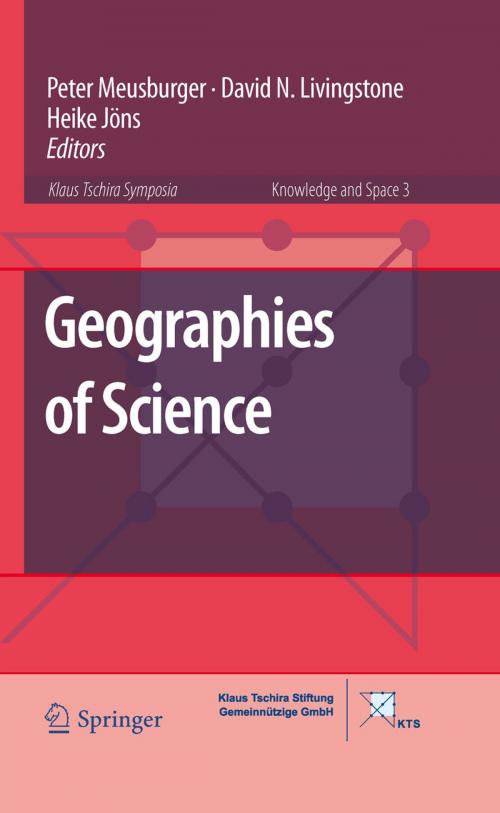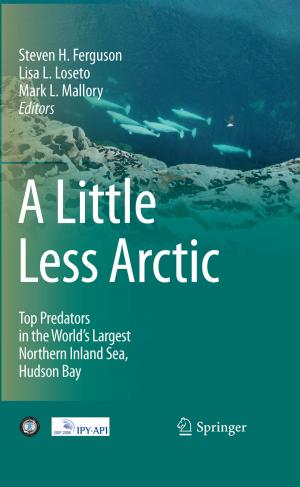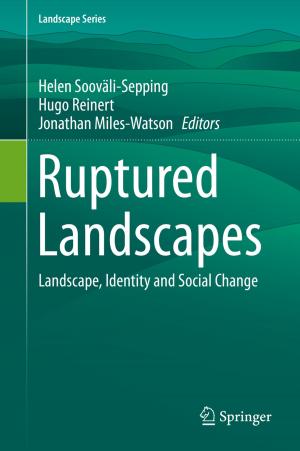Geographies of Science
Nonfiction, Science & Nature, Science, Earth Sciences, Geography, Other Sciences, History| Author: | ISBN: | 9789048186112 | |
| Publisher: | Springer Netherlands | Publication: | June 14, 2010 |
| Imprint: | Springer | Language: | English |
| Author: | |
| ISBN: | 9789048186112 |
| Publisher: | Springer Netherlands |
| Publication: | June 14, 2010 |
| Imprint: | Springer |
| Language: | English |
This collection of essays aims to further the understanding of historical and contemporary geographies of science. It offers a fresh perspective on comparative approaches to scientific knowledge and practice as pursued by geographers, sociologists, anthropologists, and historians of science. The authors explore the formation and changing geographies of scientific centers from the sixteenth to the twentieth centuries and critically discuss the designing of knowledge spaces in early museums, in modern laboratories, at world fairs, and in the periphery of contemporary science. They also analyze the interactions between science and the public in Victorian Britain, interwar Germany, and recent environmental policy debates. The book provides a genuine geographical perspective on the production and dissemination of knowledge and will thus be an important point of reference for those interested in the spatial relations of science and associated fields.
The Klaus Tschira Foundation supports diverse symposia, the essence of which is published in this Springer series (www.kts.villa-bosch.de).
This collection of essays aims to further the understanding of historical and contemporary geographies of science. It offers a fresh perspective on comparative approaches to scientific knowledge and practice as pursued by geographers, sociologists, anthropologists, and historians of science. The authors explore the formation and changing geographies of scientific centers from the sixteenth to the twentieth centuries and critically discuss the designing of knowledge spaces in early museums, in modern laboratories, at world fairs, and in the periphery of contemporary science. They also analyze the interactions between science and the public in Victorian Britain, interwar Germany, and recent environmental policy debates. The book provides a genuine geographical perspective on the production and dissemination of knowledge and will thus be an important point of reference for those interested in the spatial relations of science and associated fields.
The Klaus Tschira Foundation supports diverse symposia, the essence of which is published in this Springer series (www.kts.villa-bosch.de).















